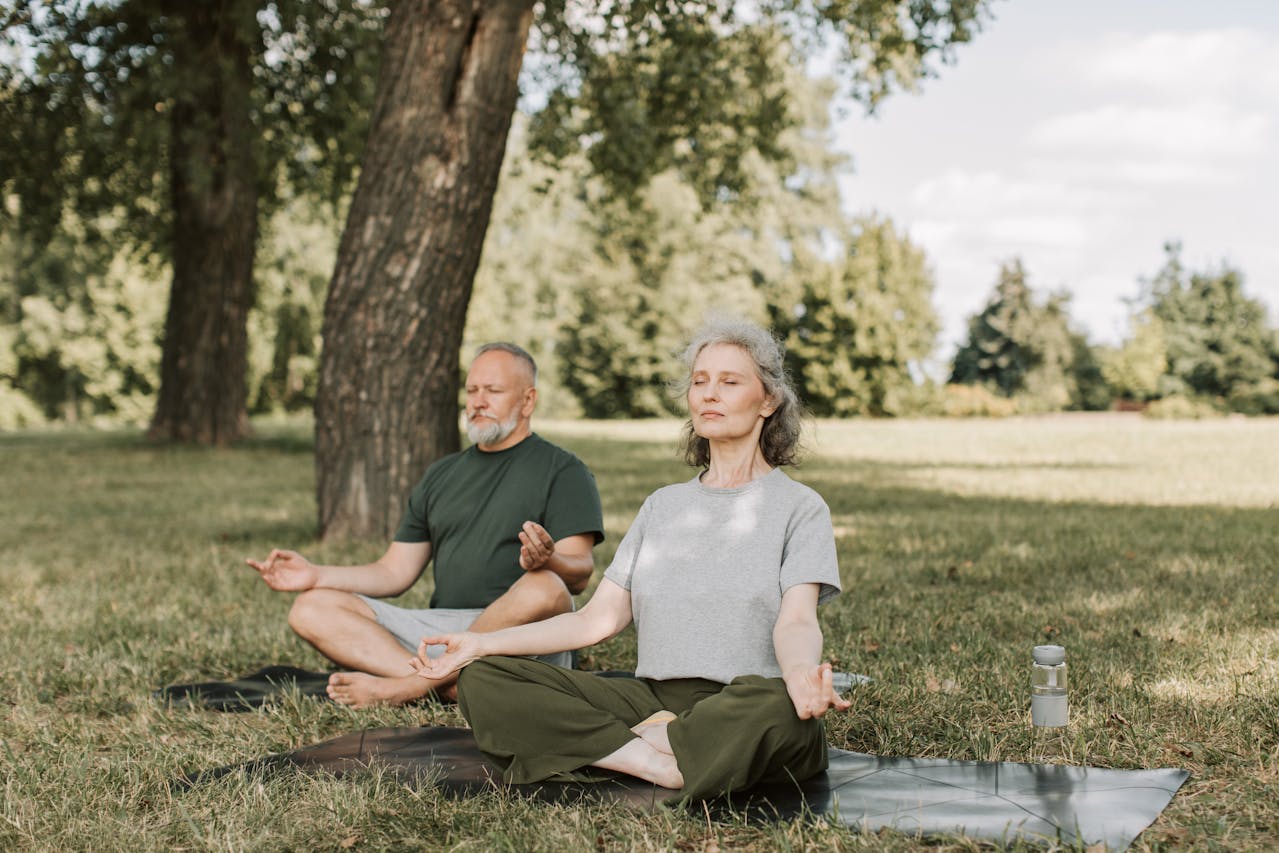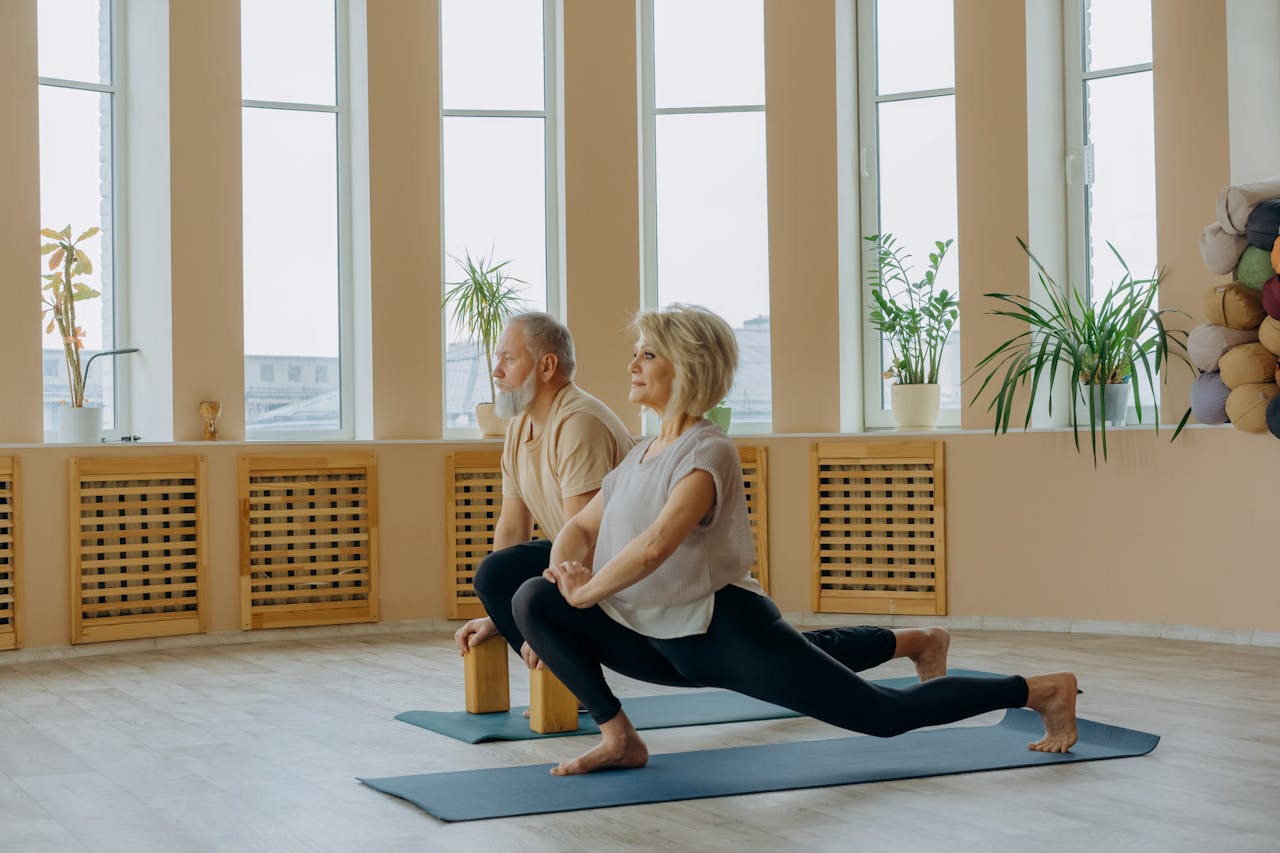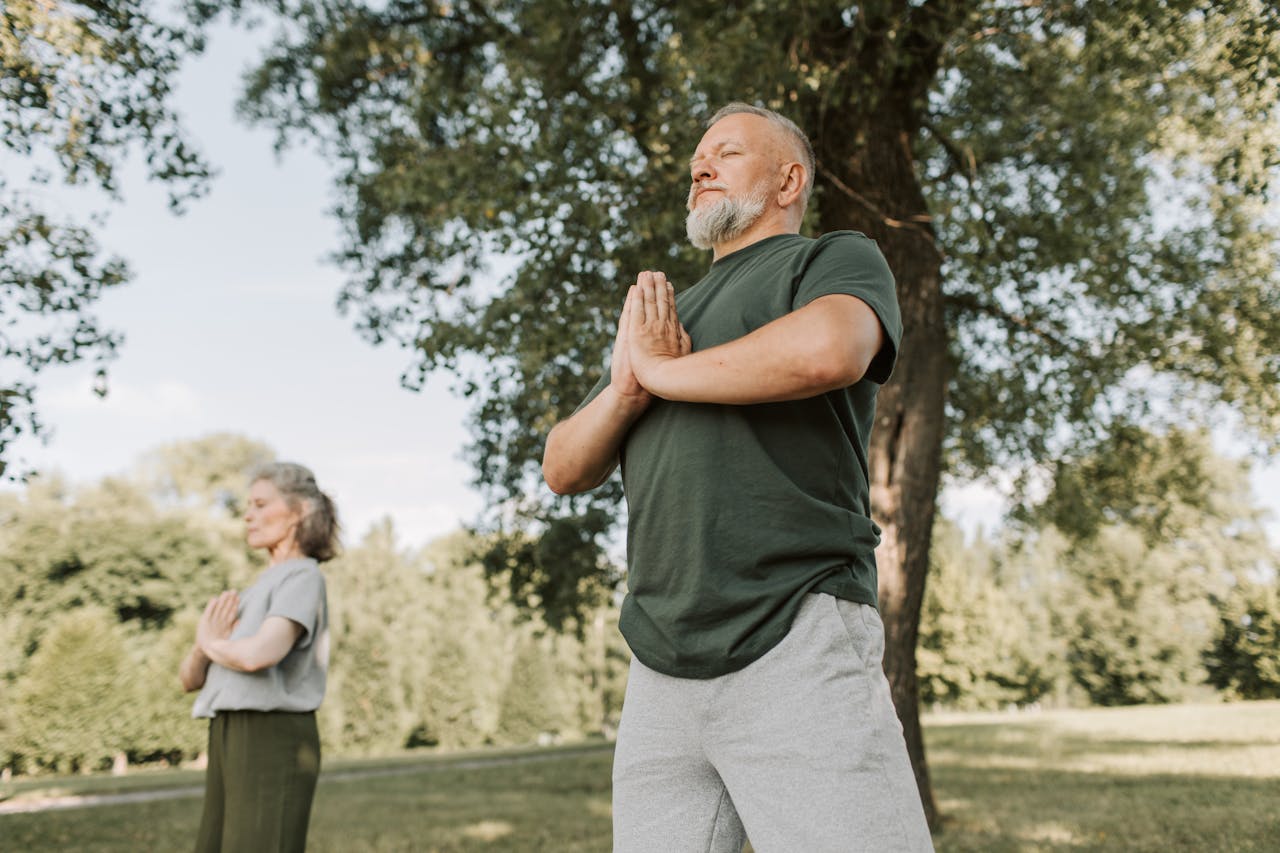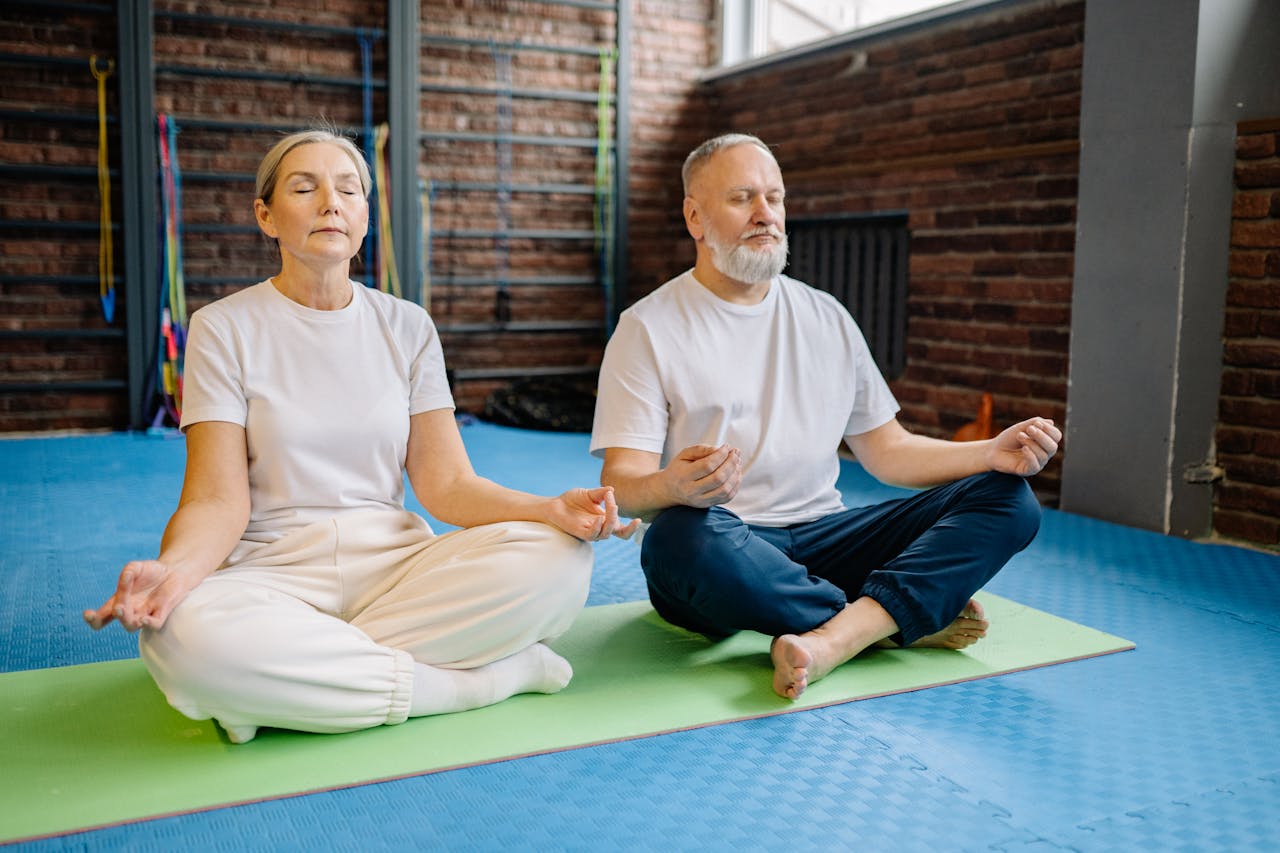10 Stress-Relief Techniques for a Relaxing Life in Your 60s

As we journey into our 60s, life presents us with new joys and challenges, often accompanied by a unique set of stressors. Whether it is the transition into retirement, caring for aging family members, or dealing with health concerns, it is essential to prioritize mental well-being. Discovering effective stress-relief techniques can enhance our quality of life and help us embrace this vibrant stage of existence. Here are ten stress-relief techniques to promote a more relaxed life in your 60s.
1. Mindful Meditation

Mindful meditation is a powerful tool for achieving inner peace and reducing stress. This practice involves focusing your attention on the present moment, which can help calm racing thoughts and anxiety. Simply find a quiet space, close your eyes, and concentrate on your breathing. As thoughts arise, acknowledge them without judgment and gently return your focus to your breath. Consistent practice can lead to a profound sense of relaxation and clarity, allowing you to navigate daily challenges with ease. Aim for just 10 to 15 minutes each day, and gradually increase the time as you become more comfortable with the practice.
2. Gentle Yoga

Gentle yoga is an excellent way to relieve stress while enhancing physical flexibility and strength. This practice combines stretching, breathing exercises, and mindfulness, making it a holistic approach to wellness. As you flow through various poses, focus on your breath and the sensations in your body. This connection can help release built-up tension and promote relaxation. Many community centers and online platforms offer classes specifically tailored for seniors, ensuring you find a routine that fits your comfort level. Regular yoga practice can lead to better balance, increased body awareness, and a calmer mind.
3. Nature Walks

Spending time in nature has been shown to reduce stress and improve overall well-being. Nature walks allow you to connect with the beauty around you while enjoying the physical benefits of movement. Whether it is a stroll through a nearby park or a hike along a scenic trail, immersing yourself in nature’s sights and sounds can have a calming effect on the mind. Aim to walk for at least 30 minutes a few times a week, and consider inviting a friend or loved one to join you. The companionship can enhance your experience, making it a joyful and relaxing outing.
4. Creative Expression

Engaging in creative activities can be a wonderful outlet for stress relief. Whether you enjoy painting, writing, knitting, or gardening, the act of creating allows you to express your feelings and thoughts in a healthy way. These activities can serve as a distraction from stressors, promoting mindfulness as you focus on the task at hand. Setting aside regular time for creative pursuits can provide you with a sense of accomplishment and fulfillment, boosting your mood and helping you relax. Plus, it can foster a sense of community if you choose to share your creations with others or participate in group activities.
5. Deep Breathing Exercises

Deep breathing exercises are a simple yet effective way to combat stress and promote relaxation. This technique can be practiced anywhere and at any time, making it a convenient option for those busy days. To begin, find a comfortable seated position and take a deep breath in through your nose, allowing your abdomen to expand. Hold the breath for a moment, then slowly exhale through your mouth, releasing any tension. Repeat this process for several minutes, focusing on the sensation of your breath. Deep breathing not only calms the mind but also reduces physical symptoms of stress, such as increased heart rate and muscle tension.
6. Social Connections

Maintaining strong social connections is vital for emotional well-being, especially in your 60s. Engaging with friends, family, or community groups can provide essential support and a sense of belonging. Socializing can be as simple as inviting a friend for coffee, joining a book club, or volunteering in your community. Regular interactions with others can boost your mood and help alleviate feelings of loneliness or isolation. Do not hesitate to reach out to others, as building and nurturing relationships is a crucial aspect of a fulfilling life.
7. Limit Screen Time

In today’s digital age, excessive screen time can contribute to increased stress and anxiety. The constant barrage of news, social media, and digital distractions can overwhelm the mind. To combat this, set boundaries around your screen time, especially in the hours leading up to bedtime. Instead, replace that time with calming activities such as reading a book, practicing yoga, or meditating. Reducing screen time not only helps lower stress levels but also promotes better sleep quality, which is essential for overall well-being in your 60s.
8. Healthy Eating Habits

Nourishing your body with healthy foods can significantly impact your mental health and stress levels. A balanced diet rich in fruits, vegetables, whole grains, and lean proteins can provide the nutrients your body needs to function optimally. Foods high in omega-3 fatty acids, such as salmon and walnuts, are known to reduce symptoms of anxiety and depression. Additionally, staying hydrated is crucial, as dehydration can contribute to feelings of fatigue and irritability. Consider meal prepping or trying new healthy recipes to make nutritious eating enjoyable and stress-free.
9. Practice Gratitude

Cultivating an attitude of gratitude can be a powerful antidote to stress. Taking time each day to reflect on the positive aspects of your life can shift your perspective and help you focus on what truly matters. Consider keeping a gratitude journal, where you write down three things you are thankful for each day. This simple practice can improve your mood and foster a greater sense of contentment, even during challenging times. Embracing gratitude allows you to recognize and appreciate the beauty in everyday moments, making life feel more fulfilling.
10. Seek Professional Support

If stress becomes overwhelming or difficult to manage, seeking professional support can be a vital step toward a more relaxed life. Therapists and counselors can provide valuable tools and strategies tailored to your specific needs. Whether through individual therapy, group sessions, or support networks, professional guidance can help you navigate life’s challenges and develop effective coping mechanisms. Remember, seeking help is a sign of strength, and taking this step can significantly enhance your overall well-being.
Final Thoughts

Embracing your 60s can be an exciting and fulfilling time filled with opportunities for growth and relaxation. By incorporating these ten stress-relief techniques into your daily routine, you can create a more balanced and enjoyable life. Remember that it is essential to prioritize self-care and find what works best for you. Whether through mindful meditation, social connections, or professional support, taking proactive steps to manage stress will enable you to savor every moment of this vibrant stage of life.
Leave a Reply